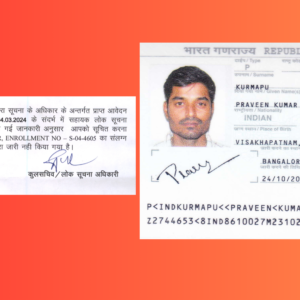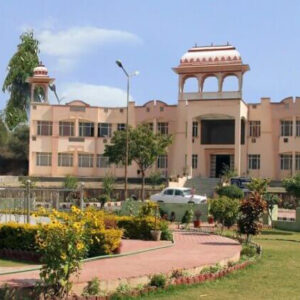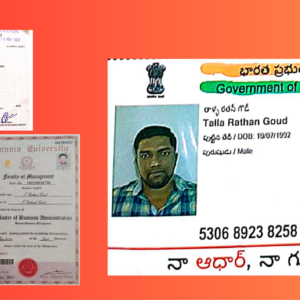In an alarming case from Assam, Rupam Roy, a resident reportedly from Silchar, Assam, has come under scrutiny for obtaining a backdated and illegal degree certificate through an individual named Monsurul, who operates as an education agent from:
VILL PO Srikona 2, Cachar, Assam
According to preliminary findings, Monsurul is allegedly involved in issuing backdated mark sheets, of many private universities including Kalinga University,Maharaja Agrasen Himalayan Garhwal University which are later sent for verification through unauthorized verification agencies. These agencies are not officially authorized by universities, yet they manage to forge seals, signatures, and stamps of educational institutions and issue fake verifications — misleading both employers and immigration authorities.
The Dark Side of Degree Verification
In today’s corporate and academic world, the verification of degrees has become a lucrative business. Unfortunately, about 70% of background verification companies are either not equipped to conduct authentic university verifications or outsource the task to unqualified agents, who in turn manipulate the documents.
Here’s how the fraud unfolds:
The university charges ₹1000+ for official verification.
Corporate companies often choose BGV agencies quoting ₹500–₹600, significantly lower than actual verification costs.
These agencies then subcontract the verification to small-time agents for ₹200–₹250.
The agent creates a fake stamp or letterhead, forges a signature, and sends it back as “verified.”
In such cases, the university never receives any request or payment. The verification is fabricated end-to-end.
Case Study: A Pune-Based MNC and Vendor Fraud
One of India’s largest audit-based multinational firms (employing over 450,000 people) is reportedly using a vendor for academic verifications. This vendor:
Prepares a Demand Draft (DD) in the university’s name.
Shares the DD scan with the client as “proof” of submission.
Cancels the DD without submitting it and forges the university’s seal on the verification.
Shockingly, the university in question stopped accepting DDs 10 years ago, yet this practice continues undetected due to weak internal audits of BGV vendors.
HRD Attestation ≠ Genuine Verification
Many people believe that if their degree certificate is HRD-attested (also known as Ministry of Education attestation), it proves the degree’s authenticity.
This is false. The HRD ministry does not verify the document with the issuing university. It merely attests the paper submitted, regardless of whether it’s genuine or fake.
Final Thoughts: Who Is Responsible?
This chain of illegal activity reflects a systemic failure:
Students willing to buy shortcuts.
Agents exploiting loopholes in documentation.
Corporates preferring cheaper BGV vendors over reliable ones.
Verification companies failing to audit their processes.
And universities not establishing secure verification protocols.
How to Stay Safe:
Employers must insist on direct verification with universities or use ISO-certified third-party agencies with documented processes.
Students must stay away from agents promising fast-track or backdated degrees.
Immigration authorities should cross-check whether the verifying agency is recognized by the issuing university.
Universities should digitize their verification process and maintain transparency on acceptable verification routes.
Let this case be a warning. Fraudulent degrees and fake verifications not only damage professional credibility but may also lead to criminal action, job termination, immigration bans, and permanent blacklisting.
If you suspect a degree is fake or a verification process is manipulated, report it to the university or to independent investigation services like EducationFraudCheck.com.











